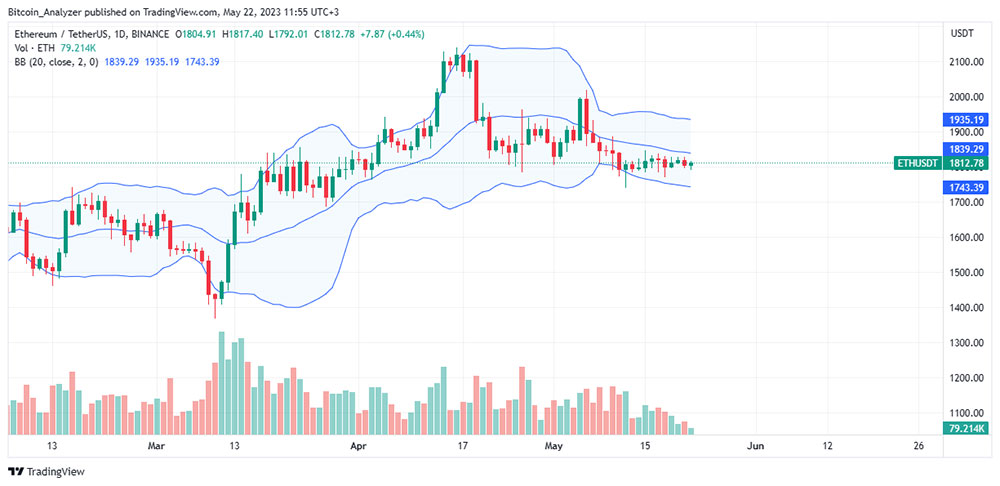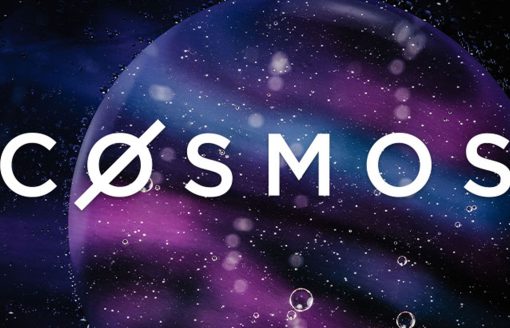The Solidity programming language used to write smart contracts powering various decentralized applications (DApps) on Ethereum was recently upgraded to version 0.8.20.
Solidity Updated To Version 0.8.20
Analysts observe that several code enhancements following this update could significantly help slash gas fees for users relying on smart contracts for their decentralized finance (DeFi) or non-fungible token (NFT) operations.
In Ethereum, every transaction, including simple transfers, attracts a fee in ETH. The fee paid is measured in “gas” and varies depending on the complexity and type of transactions.
Stay in the know on crypto by frequently visiting Crypto News Today
To illustrate, the more complex a transaction is, the higher the gas fees. This is because more computation is required to process a complex transaction. Meanwhile, some transactions, such as those involving smart contracts, have higher gas fees than others. It is because smart contracts can be more complex and require more computation to process.

Following tweaks to the Solidity programming language, introducing features and improvements in the code further stabilized the blockchain and made its smart contracts cost-effective. Specifically, developers released the PUSH0 operation code (opcode) in version 0.8.20.
PUSH0 Opcode Change To Reduce Gas Fees Over Time
The PUSH0 operation code in Solidity 0.8.20 allows developers to push a zero value onto the Ethereum Virtual Machine (EVM) stack for only two gwei. This is a significant improvement over previous versions of Solidity, which required three gwei to push a zero value onto the stack.
Analysts say this opcodes change would be helpful for Ethereum developers and even help reduce gas fees over time. Specifically, though analysts say PUSH0 is a minor change, this update could reduce the cost of contracts that frequently push zero values to the EVM stack, making smart contracts even more cost-efficient.
At the same time, there is a security advantage because it makes smart contracts less susceptible to “gas exhaustion attacks.” In Ethereum, a “gas exhaustion attack” is a denial of service that targets smart contracts. Herein, the attacker repeatedly sends transactions to a smart contract that consumes a large amount of gas until it runs out of gas, rendering it unusable.
Over the years, Solidity, though a new programming language, continues to be popular, anchoring smart contracts running on Ethereum. It is Turing complete, meaning developers can use the language to create all types of smart contracts.
However, as Ethereum finds widespread adoption, developers continue to refine Solidity to be more efficient in performance and gas consumption.![]()
Read More at BITCOINIST
Please Read Essential Disclaimer Information Here.
© 2024 Crypto Caster provides information. CryptoCaster.world does not provide investment advice. Do your research before taking a market position on the purchase of cryptocurrency and other asset classes. Past performance of any asset is not indicative of future results. All rights reserved.
Contribute to CryptoCaster℠ Via Metamask or favorite wallet. Send Coin/Token to Addresses Provided Below.
Thank you!
BTC – bc1qgdnd752esyl4jv6nhz3ypuzwa6wav9wuzaeg9g
ETH – 0x7D8D76E60bFF59c5295Aa1b39D651f6735D6413D
MATIC – 0x7D8D76E60bFF59c5295Aa1b39D651f6735D6413D
LITECOIN – ltc1qxsgp5fykl0007hnwgl93zr9vngwd2jxwlddvqt





